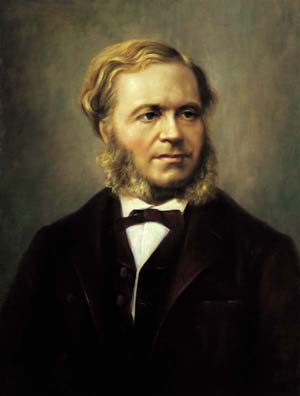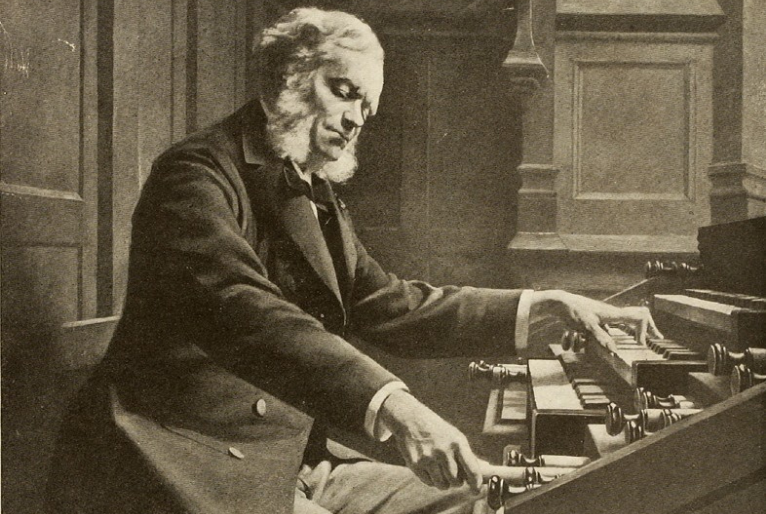César Franck (1822–1890) was a Belgian-born composer, pianist, organist, and music teacher who became one of the most influential figures in French Romantic music. Known for his rich harmonic language, innovative cyclic structures, and profound emotional depth, Franck’s music has left an indelible mark on the classical repertoire.
Early Life and Education
Franck was born on December 10, 1822, in Liège, which was then part of the United Kingdom of the Netherlands (now Belgium). Displaying remarkable musical talent from a young age, he was initially guided by his father, who envisioned a career for him as a virtuoso pianist. Franck enrolled at the Royal Conservatory of Liège, excelling in piano, harmony, and composition.
In 1835, Franck moved to Paris to continue his studies at the prestigious Paris Conservatoire. There, he studied under renowned teachers like Anton Reicha and François-Joseph Fétis. Despite facing challenges due to his foreign status and his father’s strict control, Franck’s exceptional skills in both piano and composition flourished.
Career and Musical Development
Franck initially pursued a career as a concert pianist, but his true passion lay in composition and organ performance. In 1858, he was appointed organist at the newly built Basilica of Sainte-Clotilde in Paris, where he played the famous Cavaillé-Coll organ. This position marked a turning point in his career, allowing him to explore new sonic possibilities and develop his distinctive compositional style.
Franck’s music is characterized by lush harmonies, intricate counterpoint, and a unique use of cyclic form—where themes recur across multiple movements to create unity. His works often reflect deep spirituality and emotional intensity, influenced by his strong Catholic faith.
Major Works and Achievements
Franck’s most celebrated compositions include:
- Symphony in D minor (1888): A masterpiece of Romantic symphonic writing, noted for its dramatic contrasts and cyclical structure.
- Symphonic Variations for Piano and Orchestra (1885): A brilliant synthesis of concerto and symphonic elements.
- Violin Sonata in A major (1886): One of the most beloved works in the violin repertoire, renowned for its lyrical beauty and structural cohesion.
- Prelude, Chorale, and Fugue (1884): A monumental work for solo piano that showcases his mastery of counterpoint and harmonic innovation.
- Three Chorales for Organ (1890): Composed shortly before his death, these works epitomize his mature style and deep spiritual expression.
Teaching and Influence
In 1872, Franck joined the faculty of the Paris Conservatoire as a professor of organ. He became a revered teacher, mentoring a generation of composers who would carry forward his musical legacy, including Vincent d’Indy, Henri Duparc, and Ernest Chausson. His pedagogical influence helped shape the development of French music in the late 19th and early 20th centuries.
Personal Life and Legacy
Franck was known for his humble, gentle demeanor and unwavering dedication to his art. Despite facing professional obstacles and limited recognition during his lifetime, his music gradually gained widespread acclaim after his death on November 8, 1890, in Paris.
Today, César Franck is celebrated as a central figure in Romantic music, whose works continue to inspire performers and audiences worldwide. His innovative approach to composition, particularly his use of cyclic form and rich harmonic language, has secured his place as a master of the classical tradition.


Comments are closed